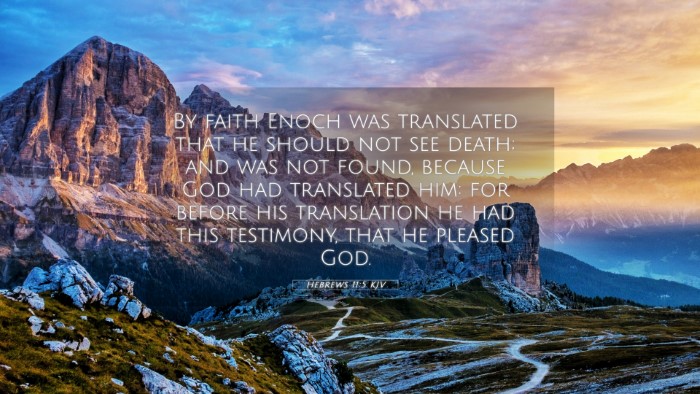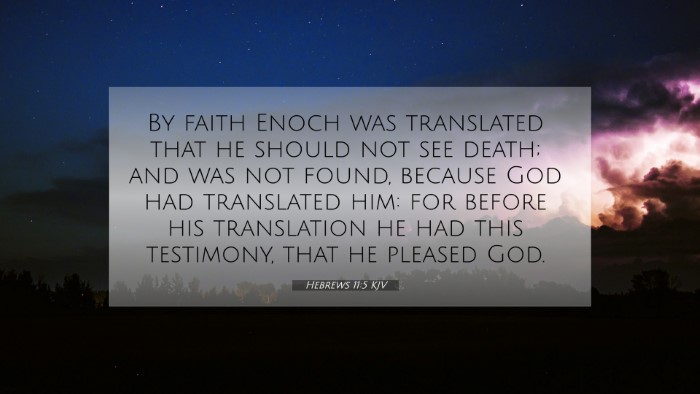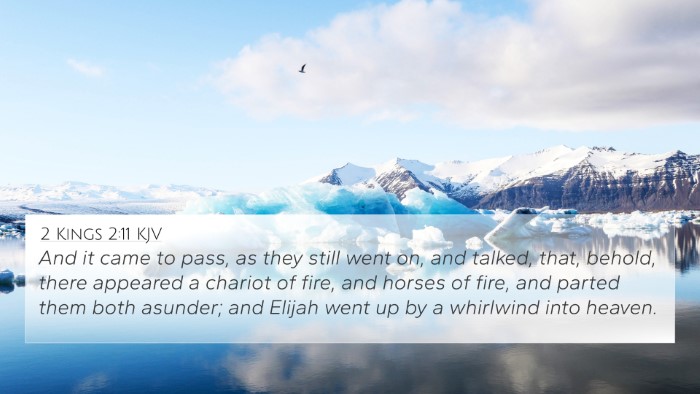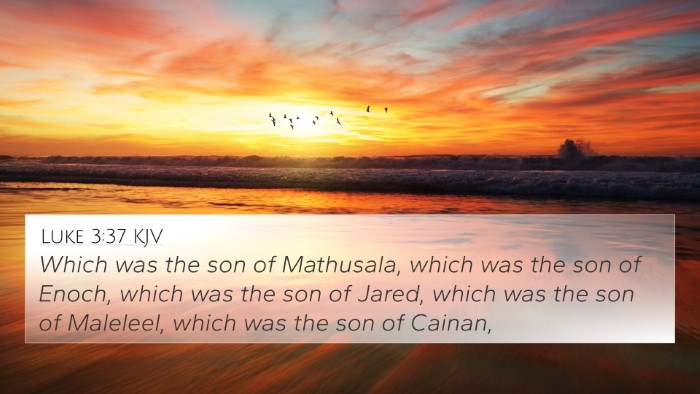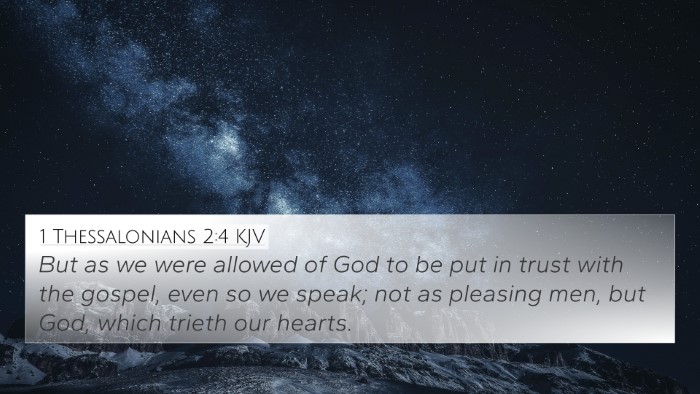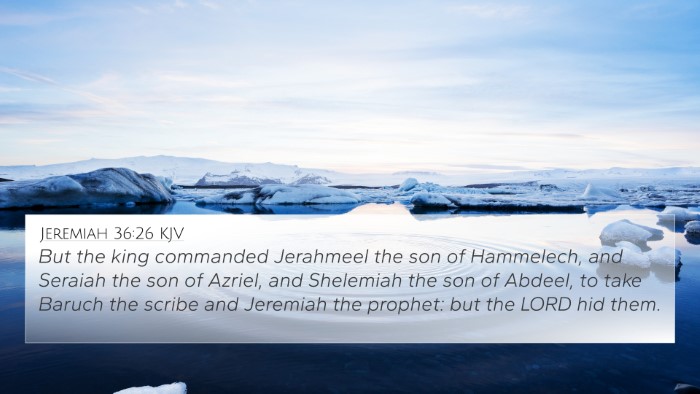Meaning and Interpretation of Hebrews 11:5
This powerful verse within the Epistle to the Hebrews reflects a deep faith that transcends the grave. The verse states:
"By faith Enoch was translated that he should not see death; and was not found, because God had translated him: for before his translation he had this testimony, that he pleased God."
Let's explore the rich insights derived from public domain commentaries by renowned theologians such as Matthew Henry, Albert Barnes, and Adam Clarke.
Summary of Key Points
- Faith of Enoch: Enoch's faith is emphasized as the pivotal force that led to his divine translation, signifying an intimate relationship with God.
- Translation Meaning: The term 'translated' denotes a miraculous departure from the earthly realm to be with God, avoiding the experience of physical death.
- Divine Approval: The statement that Enoch 'pleased God' indicates that his life was characterized by righteousness and devoted service.
- Historical Context: Enoch's life and translation are drawn from the early genealogies in Genesis, highlighting his unique position as a –before the Flood witness.
- Spiritual Application: This verse serves as an encouragement for believers to live righteous lives, trusting in God's promises of eternal life.
In-Depth Commentary Insights
Matthew Henry's Commentary
According to Matthew Henry, Hebrews 11:5 illustrates Enoch as a model of how faith engages with God's word and leads to a commendable life. Henry emphasizes:
- Spiritual Views: Enoch's journey encourages believers to aspire for a close walk with God, celebrating faith that operates in the unseen.
- Contrast with Other's Lives: Unlike others who succumbed to death, Enoch's transition invites believers to see the hope secured through faith.
Albert Barnes' Commentary
Albert Barnes elaborates on the significance of Enoch's experience, suggesting that:
- Testimony of Piety: Enoch's life serves as a testimony to the power of living faith, achieving favor in God's eyes.
- Encouragement in Suffering: Barnes points out that Enoch provides hope and encouragement amidst trials because of his unique relationship with God.
Adam Clarke's Commentary
Adam Clarke connects Enoch’s translation to broader doctrinal themes, indicating:
- God's Sovereignty: Clarke emphasizes the nature of God’s heavy hand in preserving Enoch as a shadow of future glorification for those who believe.
- Anticipation of Christ: Enoch's story foreshadows the ultimate redemption provided in Jesus Christ, reinforcing the theological implications of faith throughout the Scriptures.
Cross-References for Deeper Understanding
To fully appreciate Hebrews 11:5, we can draw connections through various cross-references. Here are some relevant biblical texts:
- Genesis 5:24: "And Enoch walked with God: and he was not; for God took him." - This passage provides the original account of Enoch's translation.
- 2 Kings 2:11: "And it came to pass, as they still went on, and talked, that, behold, there appeared a chariot of fire, and horses of fire, and parted them both asunder; and Elijah went up by a whirlwind into heaven." - A parallel account of being taken up by God.
- Revelation 11:5: Discusses two witnesses, bringing forward the theme of divine preservation and the relationship between God's people and His power.
- 1 Thessalonians 4:17: Talks about the rapture of believers, presenting a future hope shared by Enoch and all faithful believers.
- James 2:26: "For as the body without the spirit is dead, so faith without works is dead also." - Highlights the necessity of living faith.
- Matthew 16:27: Speaks of the Son of Man coming in His glory to reward each based on their faith and works, making a link to Enoch's testimony of a pleasing life to God.
- Hebrews 11:6: Discusses faith's essential nature, complementing Enoch's narrative of faith pleasing God.
Conclusion
Hebrews 11:5 encapsulates a profound truth about faith and divine reward. Through the lenses of historical context, personal experience, and theological significance, the verse calls believers to embrace a faith similar to Enoch's, who lived to please God. Cross-referencing with Genesis, 2 Kings, and various New Testament passages reveals a rich tapestry of God’s redemptive plan and blessings for those who believe.
In our study, we can utilize tools for Bible cross-referencing, such as concordances or thematic studies, to enrich our understanding of faith's role in Scripture, guiding to a deeper relationship with God.

